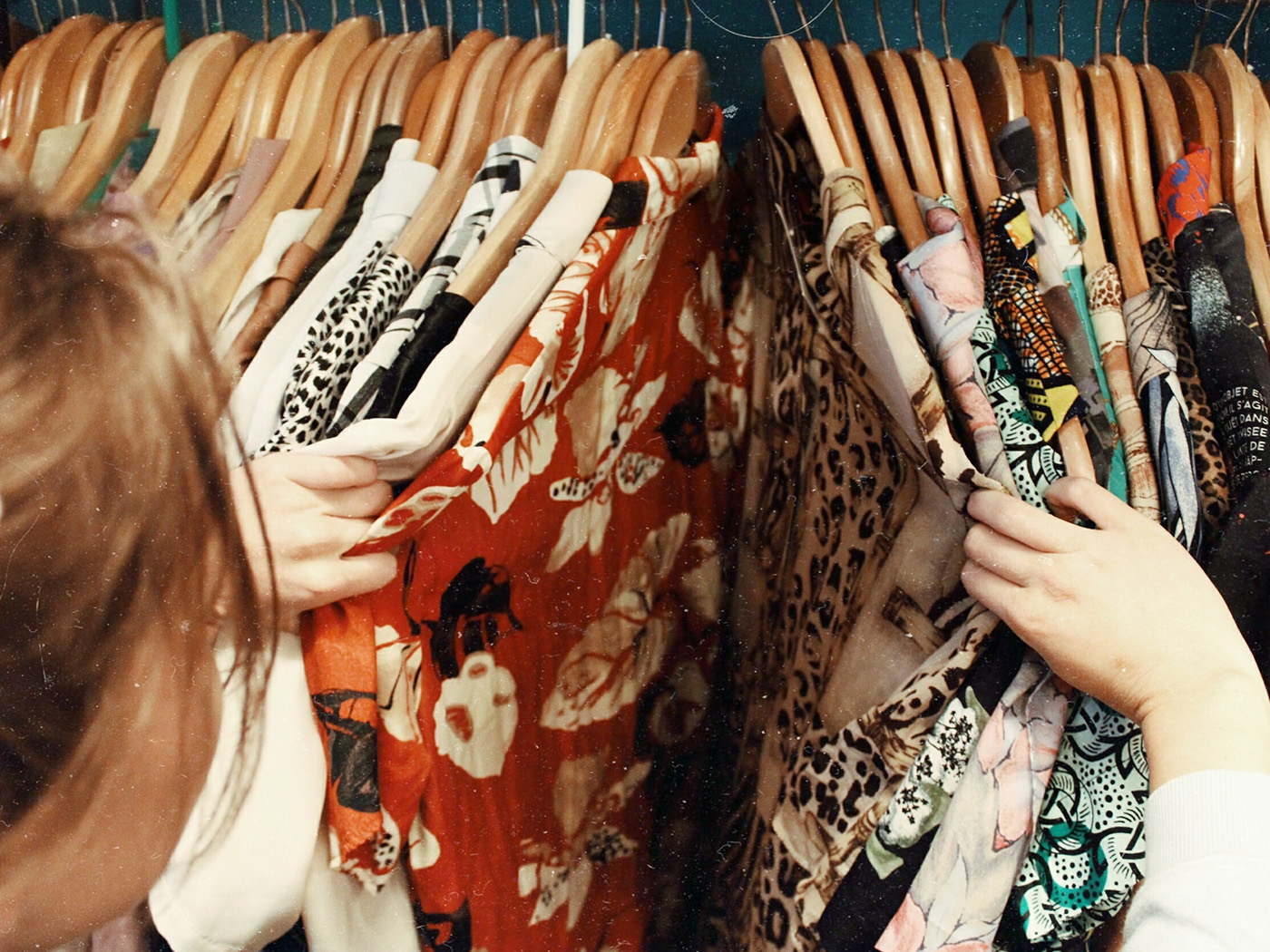
How To Talk To Your Spouse About Eliminating Their Junk
When you need to have that conversation with your spouse about getting rid of some of their “junk”, remember it’s a conversation and you’ll need to also listen when they share their list for you on what they’d like to see you get rid of as well.
Do you or a loved one have an affinity for collecting junk? Talking to your spouse about any bad habit is tricky, but informing your spouse that they may have a hoarding problem takes a particular kind of tact.
Don’t worry, odds are they have a bone to pick with you about one of your many idiosyncrasies, and maybe you could stand to shed a few prized possessions of your own (like that 2nd grade trophy for “Most Improved Swimmer Of The Year”).
We’re approaching the holidays, so what better time to think of gifting things to those less fortunate? Perhaps this is the basis of your approach, but however you broach the topic, we have some tips first.

REMEMBER, IT’S A PROCESS.
Don’t go full-on-intervention-mode and make them watch a season of “Hoarders.” Old habits die hard, so give your partner a little grace. You may not have an emotional attachment to their hand-knitted scarf from grandma, but for whatever reason – despite the musty smell of the old thing – they do. Be sensitive to that fact. Remember that everything is a process, and it’s okay to start small.
IT’S NOT YOU. IT’S “WE.”
However you break the ice, make sure your sweetheart knows you love them by taking the “we are a team” approach. Remember that in any partnership, if one has a problem, it’s the other’s problem too. So how are ‘WE’ going to tackle this together?

OFFER TO DO IT WITH THEM!
Take a slice of humble pie, and challenge them to a purging duel! Go through each of your closets and see who can get rid of more stuff. Or perhaps offer to sit down with them and go through one drawer or box a week. No one wants to do a difficult task alone, so get down in the dirt together!

SET A GOAL, BUT MAKE IT EASY
We know that when goals are tangible, visible and fun, when they’re placed at the forefront of our day-to-day, we’re more motivated (or at least reminded) to aim higher.
Some folks have found it helpful to place a box in their living room labeled, “Stuff To Give Away.” Slap a funny picture on the box, and let it do its magic. Parents may toss a pair of old shoes or knick knacks in the box and be pleasantly surprised to see their kids wobble across the room carrying their giant set of blocks to donate.
You could also put a fall garage sale on the books, and take baby steps to tackle the clutter in time! Plaster the date on your fridge as a reminder, and give yourself several weeks to dig through the extra debris. People always come out of the woodworks for a bargain, and after you make a little cash, you can always donate the rest! Hosting an event helps serve as a deadline that drives behavior.
Maybe you mutually agree to not buy anything new without giving something away. Maybe you set a number of things to get rid of each month. Only the two of you can decide what goals are attainable for you.

HOLD EACH OTHER ACCOUNTABLE
Harkening back to our “we are a team” montra, circle back with your boo every few days to see how their purging is going. Tell them what you plopped in the donation bin that day, or let them know you noticed their dresser looking less cluttered. Positive affirmation goes a long way, especially when your partner is showing determination and commitment in an area where they’re not naturally gifted.
If they’re not yielding to your gentle nudge to purge, perhaps try a different goal-setting tactic or check in and have a heart to heart. Remind them you want to help, but also, they need to be on board.

LET THE PEACE BE THE REWARD
Remind your loved one the great truth that a decluttered home is a decluttered mind and heart. More stuff doesn’t equal more happiness, and there is a lot of peace in giving things away. Living a minimalist life. That’s not to say we should feel guilty for holding onto items that have sentimental value, but allowing ourselves to be free of things we don’t need also allows us to be more free.



